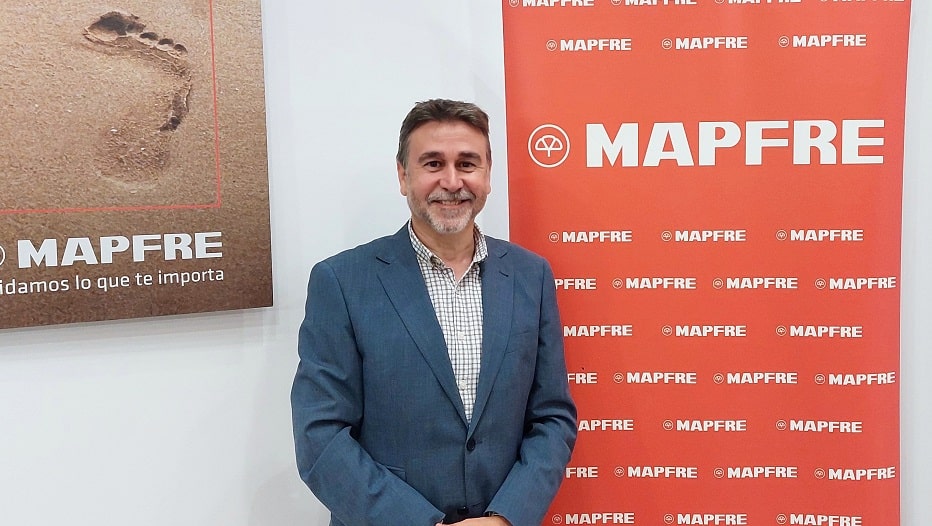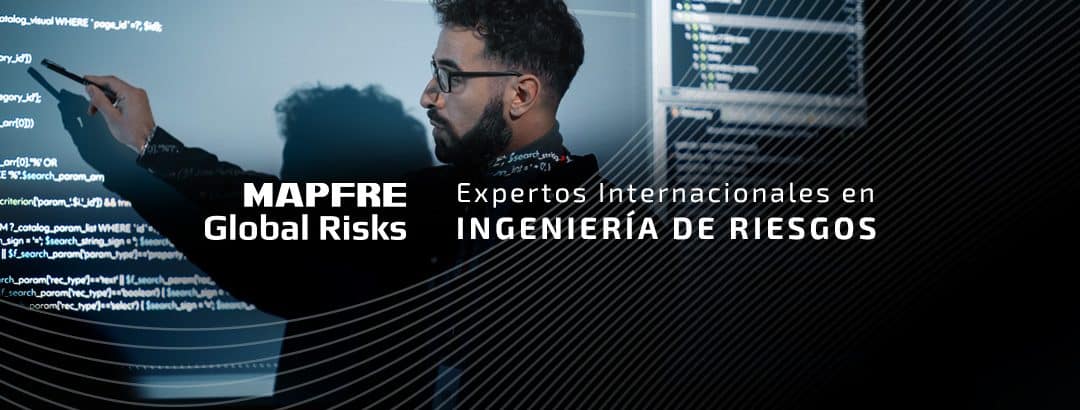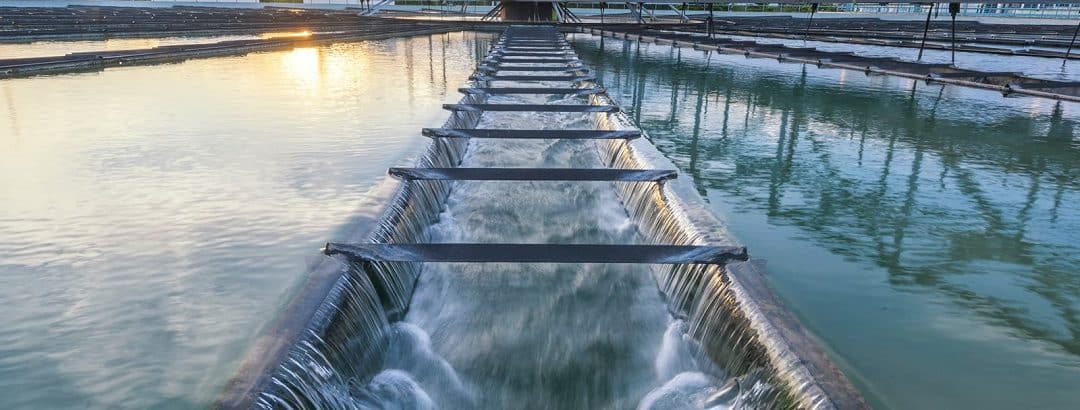Julia Maria Gomez de Avila Segade | 22/06/2023
During the Global Risks Workshop on Global Market Insights, held at the Itsasmuseum in Bilbao, Javier Olías, MAPFRE’s Regional General Manager for the North (Basque Country, La Rioja, Navarra and Aragon) granted us this interview.
How do you see the market today?
Today, we are living with uncertainty as usual, he says with a chuckle. Uncertainty has become an everyday variable and in the current context, you have to be vigilant in order to be close to your customers and for MAPFRE to play its role of leadership.
What role does the Major Risks insurance business play in a region with a strong industrial tradition such as the RGM North?
It is an important role, because the industrial fabric here is very powerful and one of the main concerns is underwriting through complex insurance programs. It is precisely MAPFRE’s positioning and vision in this business that allows us to meet not only the ‘traditional’ insurance needs (Damages, Third-Party Liability, Vehicles…), but also some other less traditional ones, which are equally nonetheless useful in the risk management of global companies.
What’s more, MAPFRE has made a strong commitment to sustainability.
Indeed, MAPFRE has set a very clear path towards the sustainability of the planet and we have to follow it because it is the future that is at stake. In both its Fund Manager and Risk Underwriter roles, MAPFRE requires an energy transition plan to maintain global warming around 1.5°C.
We have seen how inflation impacts all levels of society, but specifically in the Major Risks insurance sector, how do insurance companies handle this situation?
Insurance companies have to look at the underlying principles of the insurance policy. Contracts need to be well drafted so that the insurance companies can perform as the customer expects in the event of the contingency. Therefore, the regularization of policies is of great relevance at this time because, if they are not updated, customers are no longer well insured.
With regard to the meeting recently held at the Itsasmuseum in Bilbao, what does it mean to be able to bring the top Global Brokers together in one space and what is expected to be achieved with this event?
It involves reinforcing MAPFRE’s leadership in this type of risk and our unwavering commitment to being a solid support to companies within our insurance field in their needs. Here, in the North, we have several national and international broker placement centers and, for MAPFRE, having this proximity, generating synergies and seeing points that are consistent and with constructive disagreement, is very interesting, as it allows us to discover the different sensitivities and visions in these uncertain times.
What is the main differential value that MAPFRE offers to its customers?
MAPFRE provides a comprehensive solution to its customers: Life, Health/Expats, Third-Party Liability, Fleets, Vehicles… in addition to our engineering expertise. Another factor we believe is important is the proximity to the decision-making centers, since for a first underwriting it helps a lot in understanding information and improving protection. With this proximity, you get an extra level of sensitivity.
We must combine sensitivity for the current situation with offering the best advice and the greatest responsibility for the customer, because it is what they expect from us as a reference insurance company in Spain. At MAPFRE, we know what it means to accompany the customer and to do that sustainably. Proof of this are the biennial MAPFRE Global Risks Workshops, which are a true benchmark for all the agents that make up the risk and insurance management and Spanish companies, as well as having a presence and direct collaboration with associations such as AGERS and IGREA.





